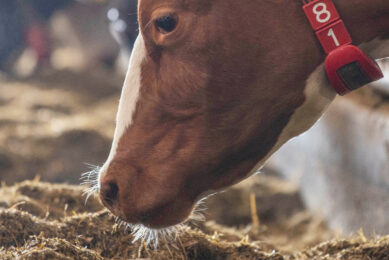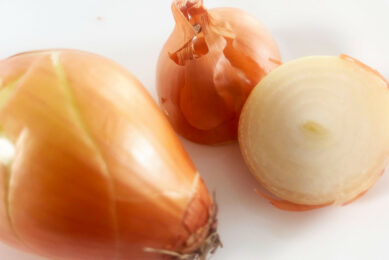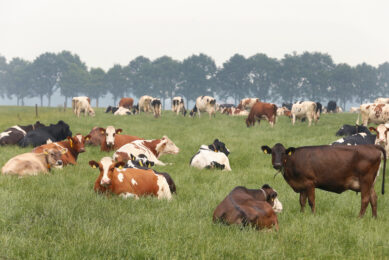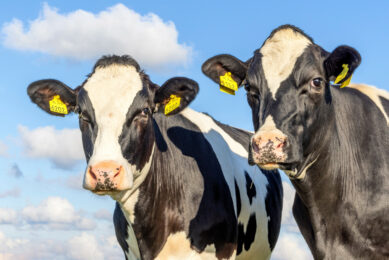A race for vaccines to curb methane emissions
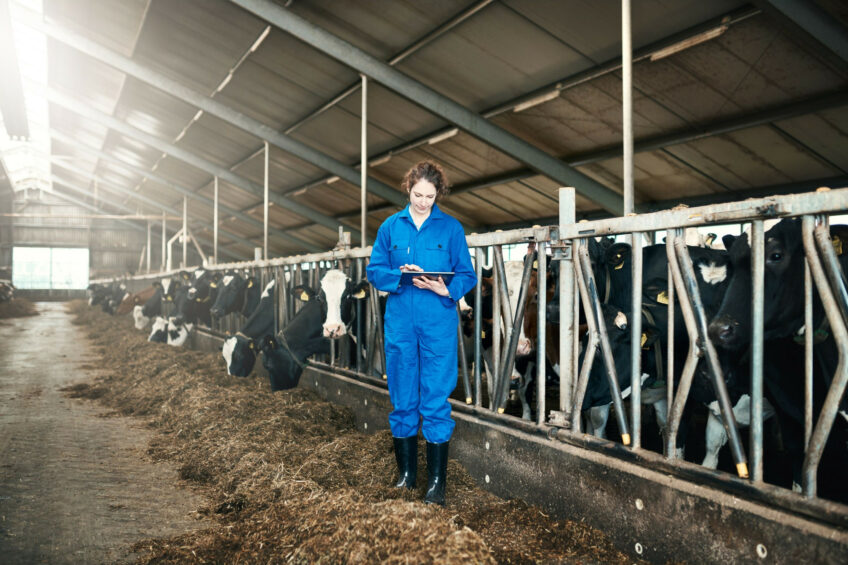
Some researchers are focusing on the development of vaccines to reduce methane emissions from cows. What is the latest happening in this field?
New Scientist reports that the startup Arkebio presented its vaccine, which is in development, to the American Society of Animal Science. The prototype vaccine works by stimulating the cow’s immune system to produce antibodies in the saliva that target the methane-producing microbes in the rumen.
Cows given the prototype vaccine produced 12.9% less methane over a period of 105 days. There were no adverse side effects or disruption of growth rate.
Methane reduction
The trial included 10 cows, 5 of which received the vaccination in the neck, with a booster vaccination given after 56 days. The other 5 cows formed the control group. A second test with 14 cows started in June this year and is still ongoing. The first results indicate a methane reduction of at least 13% per cow.
A second group investigating the feasibility of a vaccine against methane is the collaboration in England between The Pirbright Institute and the Royal Veterinary College. They have received €9 million in support from the Bezos Earth Fund. Researchers from the Royal Veterinary College control how methane-forming microbes populate the gastrointestinal tract of calves and how the immune system responds to them.
Scientists from The Pirbright Institute, together with AgResearch New Zealand, are investigating whether they can tackle the methane-forming microbes with specific antibodies, which could result in a vaccine. The scientists involved expect that an effective vaccine will reduce methane production by more than 30%.
Join 13,000+ subscribers
Subscribe to our newsletter to stay updated about all the need-to-know content in the dairy sector, two times a week.



